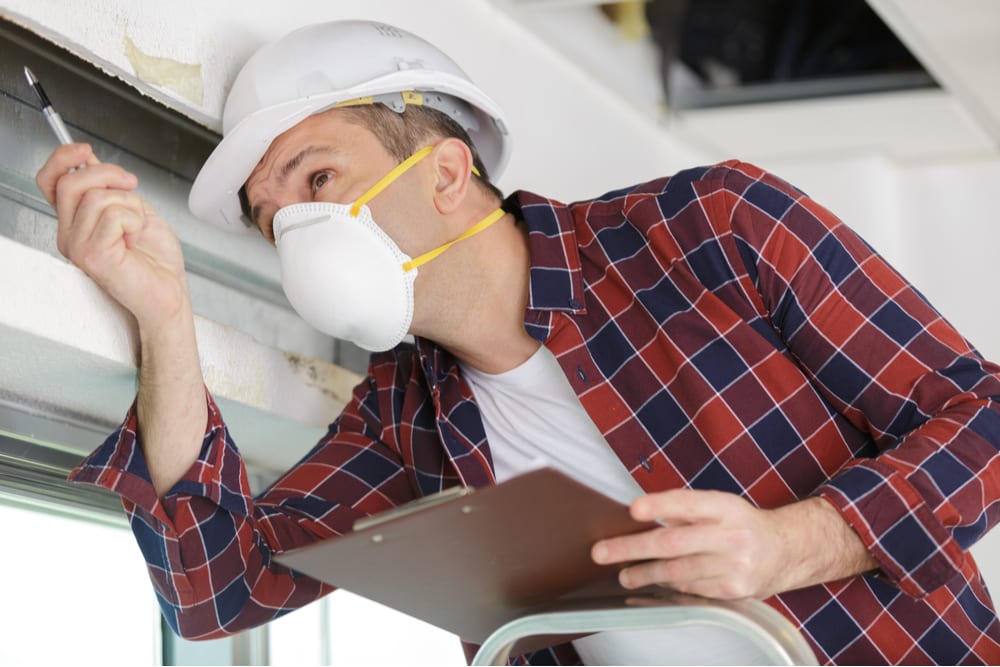
Should Home Buyers Purchase Property With Termite Damage?
Passing up on a good real estate deal can be a traumatic and regrettable experience, but that is not always the case when purchasing properties with issues or problems – one of which is termite damage or infestation.
Should you buy a house with termite damage? The question may be simple, yet answer is not straightforward, as it depends on the extent of the damage and the cost of repairs.
If you consider this as an opportunity and contemplate on the idea of grabbing a good deal, it would still boil down in your capacity as a homeowner or investor to handle the risks and extent of problems that may come along the way.
Make no mistake, this is not meant to discourage potential property buyers or investors, but more of weighing the benefits and disadvantages of purchasing such a property listed in the market.
The key is to make the best choices as a home buyer.
Issues with termite-damaged homes
Termites can cause significant damage to a home, compromising its structural integrity and reducing its value.
These pesky critters are a common problem in Australia, with the CSIRO estimating that one in three homes are affected by termites at some point in their lifespan.
When left untreated, termite damage can result in costly repairs and potentially pose a safety risk to occupants.
Buying a home with termite damage can be a daunting prospect for many buyers.
It’s important to consider the potential risks and costs associated with termite damage before making a purchase.
Some of the potential consequences of buying a home with termite damage include:
Reduced property value
Termite damage can significantly reduce the value of a property, as buyers may be deterred by the cost of repairs.
Structural issues
If left untreated, termite damage can weaken the structural integrity of a home, potentially leading to safety risks for occupants.
Pest infestations
If a property has had a termite infestation in the past, there is a risk that other pests such as ants and rodents may also be present.
Costly repairs
Repairs for termite damage can be costly, especially if the infestation has been ongoing for some time.
If you’re considering buying a home with termite damage, there are some things you can do to make an informed decision and minimize the risks:
Start with a professional pest inspection
Before making an offer on a property, it’s essential to get a professional pest inspection. A licensed pest inspector will be able to identify any current or previous termite damage, as well as any other pest-related issues. They can also provide an estimate for the cost of repairs.
Evaluate the extent of termite damage
Not all termite damage is equal. Some damage may be minor and easily repairable, while other damage may be more extensive and require significant repairs. Consider the extent of the damage and whether it’s something you’re willing to take on.
Negotiate the price
If a property has termite damage, you may be able to negotiate the price down to reflect the cost of repairs. Be sure to get quotes from reputable tradespeople to ensure you have an accurate estimate of the repair costs.
Consider ongoing pest management
Even if a property has had termite damage in the past, it’s important to implement ongoing pest management measures to prevent future infestations. This may include regular inspections, treatments, and maintenance.
Consult with a real estate agent or lawyer
Buying a property with termite damage can be complex, so it’s essential to consult with a real estate agent or lawyer to ensure you understand your legal rights and responsibilities as a buyer.
Conclusion
Buying a home with termite damage is a decision that should not be taken lightly.
You need to consider the potential risks and costs associated with termite damage before you decide to make a purchase.
By getting a professional pest inspection, considering the extent of the damage, negotiating the price, implementing ongoing pest management, and consulting with a real estate agent or lawyer, you can make an informed decision and minimise the risks associated with termite damage.